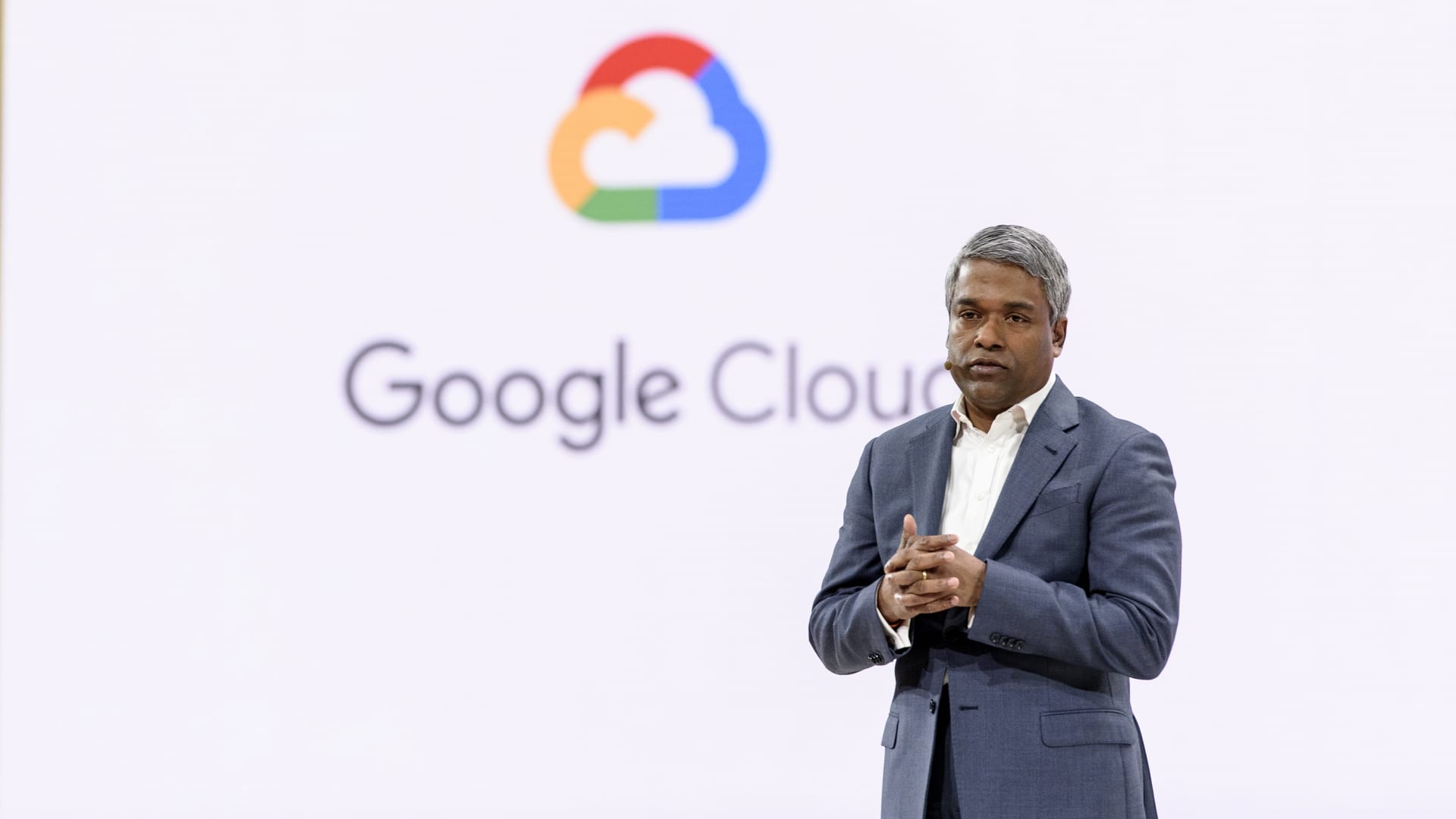Thomas Kurian, CEO of Google Cloud, delivered a speech at a cloud computing conference hosted by the company back in 2019. In line with their commitment to innovation, Google Cloud recently unveiled new AI-powered search capabilities specifically designed to benefit the healthcare industry. The tool aims to assist healthcare workers in swiftly accessing precise clinical information from various types of medical records, helping them overcome the challenge of finding information scattered across multiple systems and formats. By utilizing Google Cloud’s search tool, doctors can retrieve information from clinical notes, scanned documents, and electronic health records, all from one central location. This breakthrough is expected to save healthcare professionals a significant amount of time and effort.
In an interview with CNBC, Lisa O’Malley, Senior Director of Product Management for Cloud AI at Google Cloud, emphasized that the new search capabilities will not only save time for doctors, but also reduce frustration by providing quick and accurate answers. For example, instead of combing through separate sources such as notes, faxes, and electronic records to gather a patient’s medical history, doctors can now enter a single search query, such as “What medications has this patient taken in the last 12 months?” and instantly access the relevant information.
Google’s AI-powered search features, however, extend beyond medical history retrieval. They can also be utilized for important tasks like coding accurate billing codes and determining a patient’s eligibility for clinical trials. O’Malley mentioned that the technology uniquely cites and links to the original sources of information, ensuring that clinicians can trust the authenticity and reliability of the AI-generated responses.
These new search capabilities present a significant opportunity for healthcare workers who are often overwhelmed with staffing shortages and administrative work. A study commissioned by the American Medical Association revealed that physicians spend twice as much time on administrative tasks as they do with patients, often resorting to working late into the night just to keep up. The burnout rate among physicians has been steadily increasing in recent years, with 53% reporting burnout in a 2022 survey.
By offering healthcare organizations the Vertex AI Search platform, Google aims to help alleviate the burdensome process of sifting through countless records and databases. The Vertex AI Search platform, which is already available to companies in other industries, will be tailored to the unique needs of the healthcare sector, leveraging Google’s existing Healthcare API and Healthcare Data Engine products.
Addressing concerns about user experience, Aashima Gupta, Global Director of Health Care Strategy and Solutions at Google Cloud, emphasized the importance of seamlessly integrating the new search capabilities into clinicians’ workflows. Google’s goal is to enhance efficiency without disrupting the established processes and habits of healthcare professionals.
While early access to Vertex AI Search for health care and life sciences is now available, Google Cloud has been collaborating with esteemed healthcare organizations like Mayo Clinic, Hackensack Meridian Health, and Highmark Health to refine and test the capabilities of the search tools. Although Mayo Clinic is initially focusing on administrative use cases, Cris Ross, Mayo’s Chief Information Officer, expressed the organization’s cautious optimism about the potential applications of Vertex AI Search in clinical care. Highmark Health’s Chief Analytics Officer, Richard Clarke, also noted that the organization has received positive feedback on the new tools and has already compiled a substantial backlog of use-case ideas. However, the challenge moving forward will be prioritizing and scaling the implementation of the technology.
It’s important to highlight that Google Cloud prioritizes privacy and security. They do not access customer data or utilize it to train models. The new search service is fully compliant with the Health Insurance Portability and Accountability Act (HIPAA).
Aashima Gupta expressed her excitement about the potential impact of Google’s AI-powered tools in improving patient experiences and creating a more connected healthcare system. By bridging the gaps and providing a comprehensive view of patient data, AI can help healthcare professionals deliver more efficient and effective care.
Denial of responsibility! Vigour Times is an automatic aggregator of Global media. In each content, the hyperlink to the primary source is specified. All trademarks belong to their rightful owners, and all materials to their authors. For any complaint, please reach us at – [email protected]. We will take necessary action within 24 hours.


